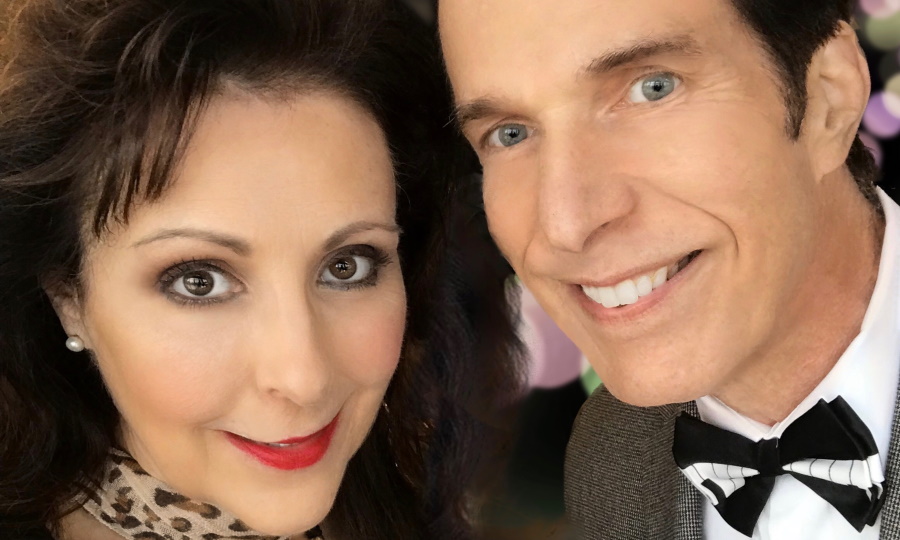Rick Blackson: Virtual Music Lessons, Envisioning Better Days

Musician and music instructor Rick Blackson, along with his wife, Mary Jo Maluso, are hanging tough. You can read more about the musical duo at their Beyond Broadway Entertainment website.
What are some ways the COVID-19 outbreak has changed your work life?
Mary Jo and I have been performing in venues both large and small for 30 years. That is on hold, but we look forward to resuming as soon as possible. Meanwhile we are posting songs on Facebook that are intended to be encouraging and uplifting. (Here’s one of them.)
The other part of my work is private music lessons. Typically all piano/voice lessons are at the students’ homes. Fortunately, since March 16 the lessons have been on FaceTime. The piano students text photos of the material they are working on to be viewed while they play. In addition to virtually immediate feedback and corrections, students can hear demonstrations given from my keyboard.
The voice students are developing ear-training while learning new songs. As they sing along with my playing, the half-second or so delay on their voice coming back to me was a bit strange at first.
Although it is nice to continue being in touch with the students (mostly kids, but young and older adults as well), not being next to each of them is definitely a sacrifice.
How about your personal life?
We are doing way more praying, hand-washing, package sanitizing, and songwriting these days. Fortunately, Mary Jo and I really enjoy each other’s company, so having more time to watch TV together at the end of the day is welcome.
What steps are you taking to hang tough? What advice are you sharing with the people you love?
One of the great benefits of Faith is the belief that one can “turn a problem over” to God. With practice, one can learn to put burdensome thinking mostly out of mind, enabling the completion of other tasks and interactions with others to be unencumbered with the heaviness that wants to take over.
Most of us are in life situations that do not allow us to be able to help first responders directly. We may be able to help monetarily or in other indirect ways including praying for people, but it is best if the prayers come from a positive place. There is a tendency to feel bad for the doctors, nurses and the multitudes who are afflicted by the virus. In fact, we may tend to feel guilty if we find ourselves lingering over a delicious homemade dinner or sitting in the easy chair watching a mindless comedy.
It is important to remember in those moments that no amount of feeling bad for someone is going to help their situation. It can be argued that we ought to embrace being in an upbeat frame of mind any time we are able, then in those moments one can more readily focus a positive thought, intention, or prayer to someone who needs it. Imagine the nurses and doctors feeling empowered with the necessary gear. Picture patients recovering and going home. Pray for and envision brilliant researchers from every corner of the globe receiving divine inspiration that enables one or more of them to discover a vaccine or something that will conquer this thing. Thinking and/or praying from this position is empowering and encouraging, and brings comfort and hope.
